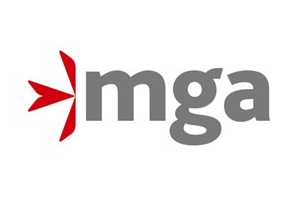The Malta Gaming Authority has published its Alternative Dispute Resolution directive, requiring B2C licensees to make readily available to players the procedure for pursuing complaints with them and for referring a complaint to an ADR entity.

The directive, applicable now, is intended to provide additional guidance to B2C licensees over the nature of the ADR entity which they must refer players to, and details as to the specific information which must be notified to the MGA.
Monthly reports detailing all the disputes which have been referred to ADR entities – including the player ID and the subject-matter of the dispute, as well as the conclusions of the ADR entities – may be submitted as of 21 January 2019. Further guidance as to the format concerning notifications will follow.
The MGA will be distinguishing between players’ complaints and disputes. As of April 1, 2019, the MGA’s Player Support Unit will no longer be delving into the merits of a dispute between a player and a B2C licensee, since this function is reserved for the relevant ADR entity.
Disputes are understood to be a disagreement between a player and the MGA B2C licensee with which that player is registered.
However, the Player Support Unit will be open to receiving complaints from any individuals. Complaints are understood to be a report by any individual that any aspect of the provision of the gaming service by an MGA licensee is unlawful, or conducted in a manner which is not safe, fair, or transparent.
In the event that the Player Support Unit receives a dispute which also includes a complaint, the Unit will be examining the complaint independently of the ADR entity, as part of its compliance functions.
Furthermore, the Player Support Unit will be examining the monthly reports submitted by B2C licensees which details the disputes which have been referred to the relevant ADR entities.
To this end, B2C licensees are instructed to ensure that their player dispute procedures do not refer players to the Malta Gaming Authority, but rather to the relevant ADR entity.

